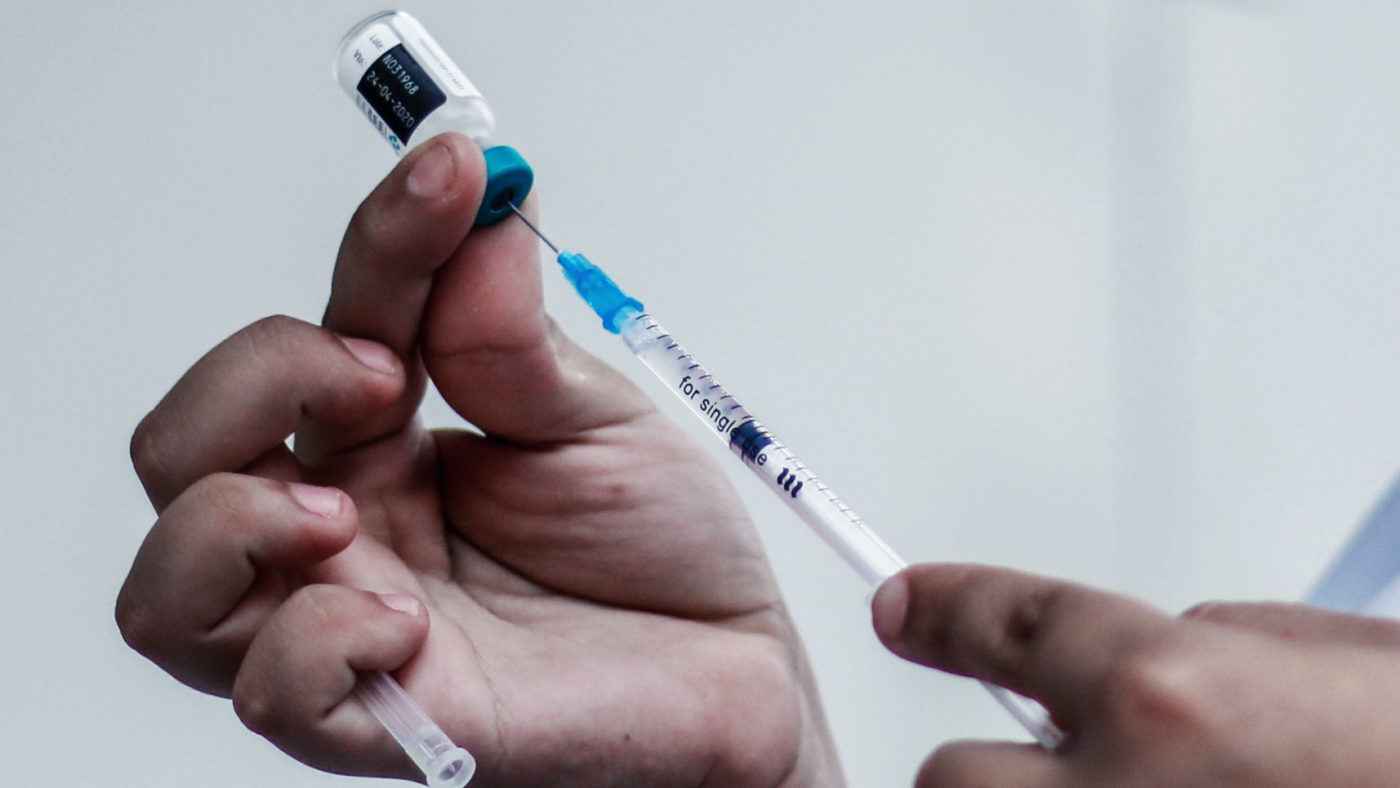A standard trope of British politics today is that the National Health Service needs ever greater amounts of money. New medicines, it is claimed, are horrifically expensive and we’ve just got to divert more of everyone’s money through the tax system to pay for them.
This is not so. Indeed, it’s an inversion of the truth. For what we’re actually doing with the invention of pills and potions is automating, and thus making cheaper the treatment of any specific disease or problem.
A useful example is the news about vaccines for ovarian cancer. Examining the immune system of the patient herself, then training it to attack the cancer doubles one measure of the survival rate. Similar treatments for other cancers abound in the development pipelines. While the analogy with vaccines is good, an analogy with antibiotics is perhaps better about the economic impact. Penicillin is cheaper than treating gangrene. In one reading, penicillin is an automation of the treatment of gangrene. As aspirin is the automation of the maiden cooling the fevered brow of the headache sufferer. We’re replacing human labour with a manufactured thing, something that does tend to reduce cost.
Wagner’s Law says that as a nation becomes richer, or more technologically advanced, then more of all production will flow through government direction. Because as we get richer we desire more of the things which government alone can provide.
For example, healthcare – although that’s a function of how we Brits do healthcare through the NHS, rather than markets. Baumol’s Cost Disease says that services will become more expensive relative to manufactures as that same technology marches on. Don’t worry about the reasoning, it’s right.
Add those two together and we seem to have proof perfect that the NHS budget not only will but should take ever-larger portions of GDP. Until, that is, we consider the actual effects of advancing tech and new medicines.
Certainly, these new treatments, while they’re within patent protection, are going to be expensive. We also tend not to use them if they’re more expensive than what we’re currently doing. But when they come out of patent protection we find that, as with the proverbial pig passing through the python, they’re a bolus of costs and not a permanent increase.
For out of patent we add the market and competition part of our economic system to the capitalist component. And the thing about this combination is that it leads to anything actually made becoming incredibly, unbelievably, cheap.
That capitalism and market mix reduces the cost of manufactures like no other system ever devised. This is as true of medicines as it was of Henry Ford’s Model T.
Thus we reach our solution to Baumol’s cost observation. Sure, services become more expensive as we advance because human labour does – that human labour gets paid more is the definition of advancement. The answer is to automate those services so that they too become cheaper. Which is exactly what we’re doing with these new medicines.
Doing away with labour-intensive radio- and chemo- therapy, operations and nursing care, and replacing them with the injection of a designer drug will make treating cancer hugely cheaper, meaning the NHS will require less money – after patents expire – than before, not more.
Entirely contrary to current conventional wisdom, the coming medical revolution is going to decrease the cost of treating any particular ailment, not increase it, with obvious implications for the budgets required for healthcare. Fortunately, for we’d all be happier if the NHS didn’t swallow the entire economy.


